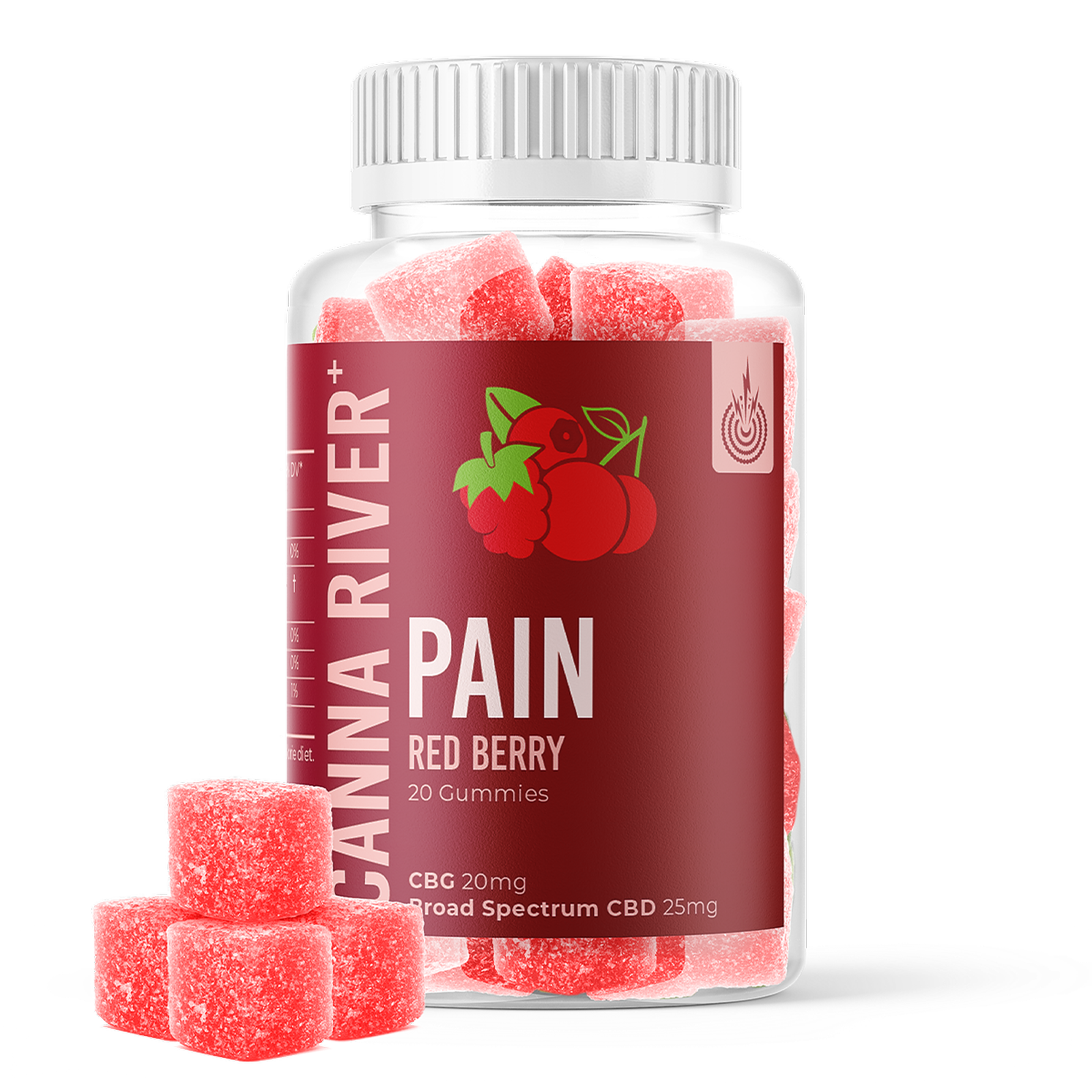Cannabidiol (CBD) has surged in popularity over the past few years, thanks to its potential therapeutic benefits and its non-psychoactive nature. Among the various forms of CBD products available, CBD gummies have become particularly popular. But how do they stack up against other CBD products, and which one is right for you? This article delves into the differences, advantages, and considerations of CBD gummies compared to other CBD products.
Understanding CBD
CBD is one of over 100 cannabinoids found in the cannabis plant. Unlike tetrahydrocannabinol (THC), CBD does not produce a “high.” It is known for its potential benefits, such as reducing anxiety, alleviating pain, and improving sleep. CBD can be consumed in various forms, each with its unique characteristics and benefits.
CBD Gummies: A Tasty Option
1. What Are CBD Gummies?
CBD gummies are edible candies infused with CBD oil. They come in a variety of flavors, shapes, and concentrations, making them a fun and convenient way to consume CBD.
2. Benefits of CBD Gummies
Ease of Use: CBD gummies are easy to dose, as each gummy contains a pre-measured amount of CBD. This eliminates the guesswork often associated with other forms of CBD.
Discreet: Gummies look just like regular candy, making them a discreet option for those who prefer not to draw attention to their CBD consumption.
Flavor: Many people find the taste of CBD oil off-putting. Gummies, however, come in a variety of flavors that can mask the earthy taste of CBD.
Long-lasting Effects: When ingested, CBD is metabolized by the digestive system and liver, leading to a slower release and longer-lasting effects compared to other methods.
3. Drawbacks of CBD Gummies
Delayed Onset: Because they are ingested, CBD gummies take longer to produce effects, usually between 30 minutes to two hours.
Bioavailability: The bioavailability (the amount of CBD that enters the bloodstream) of edibles is generally lower than that of tinctures or vapes. This means you may need to consume more to achieve the same effect.
Other CBD Products
1. CBD Oil/Tinctures
What Are They?
CBD oil, or tinctures, are liquid extracts that are typically placed under the tongue for sublingual absorption.
Benefits
Fast Onset: Sublingual absorption allows CBD to enter the bloodstream quickly, often within 15-30 minutes.
Higher Bioavailability: Sublingual administration bypasses the digestive system, leading to higher bioavailability compared to edibles.
Versatility: CBD oil can be added to food and drinks, taken directly, or even applied topically.
Drawbacks
Taste: Many users find the natural taste of CBD oil to be unpleasant.
Less Convenient: Measuring out drops can be less convenient than simply eating a gummy.
2. CBD Capsules and Softgels
What Are They?
CBD capsules and softgels are pill forms of CBD, containing either CBD oil or isolate.
Benefits
Convenience: Like gummies, capsules offer a pre-measured dose of CBD, making them easy to use.
No Taste: Capsules are swallowed, so there’s no taste involved.
Drawbacks
Delayed Onset: Like gummies, capsules must pass through the digestive system, leading to a slower onset of effects.
Lower Bioavailability: The bioavailability of capsules is similar to that of edibles, which is generally lower than tinctures or vapes.
3. CBD Vapes
What Are They?
CBD vapes are electronic devices that vaporize CBD oil for inhalation.
Benefits
Fast Onset: Inhalation allows CBD to enter the bloodstream almost immediately, producing rapid effects.
High Bioavailability: Vaping CBD leads to higher bioavailability compared to edibles and capsules.
Drawbacks
Short-lived Effects: The effects of vaping CBD are fast but typically shorter-lived compared to edibles.
Health Concerns: There are concerns about the potential health risks associated with vaping.
4. CBD Topicals
What Are They?
CBD topicals include creams, balms, and lotions infused with CBD, applied directly to the skin.
Benefits
Targeted Relief: Topicals are ideal for localized pain and inflammation, such as arthritis or muscle soreness.
No Ingestion: This method is suitable for those who do not wish to ingest CBD.
Drawbacks
Limited Absorption: CBD topicals do not enter the bloodstream, so they are not effective for systemic issues like anxiety or sleep disorders.
Choosing i loved this for You
1. Consider Your Needs
Pain Relief: For localized pain, CBD topicals might be the best option. For general pain relief, CBD oil or capsules could be more effective.
Anxiety and Stress: CBD oil or vapes, with their fast onset, may be more suitable for acute anxiety or stress. Gummies can be used for longer-lasting effects.
Sleep Issues: Gummies and capsules, with their longer-lasting effects, may help with sleep issues.
2. Lifestyle and Preferences
Discretion: If you need a discreet way to take CBD, gummies and capsules are ideal.
Convenience: For those who value convenience, gummies and capsules are easy to use and dose accurately.
Flavor: If you dislike the taste of CBD oil, flavored gummies or capsules might be preferable.
3. Onset and Duration of Effects
Fast Relief: If you need fast relief, consider vaping CBD or using tinctures.
Long-lasting Effects: For effects that last longer, gummies and capsules are better suited.
Conclusion
Choosing the right CBD product depends on your individual needs, preferences, and lifestyle. CBD gummies offer a tasty, discreet, and convenient way to consume CBD, making them an excellent choice for many users. However, other CBD products like oils, capsules, vapes, and topicals each have their unique benefits and drawbacks. By understanding these differences, you can make an informed decision on which CBD product is right for you.
Whether you’re looking for fast relief, long-lasting effects, or a specific method of administration, there’s a CBD product out there that can meet your needs. Always consult with a healthcare provider before starting any new supplement regimen, especially if you have underlying health conditions or are taking other medications.